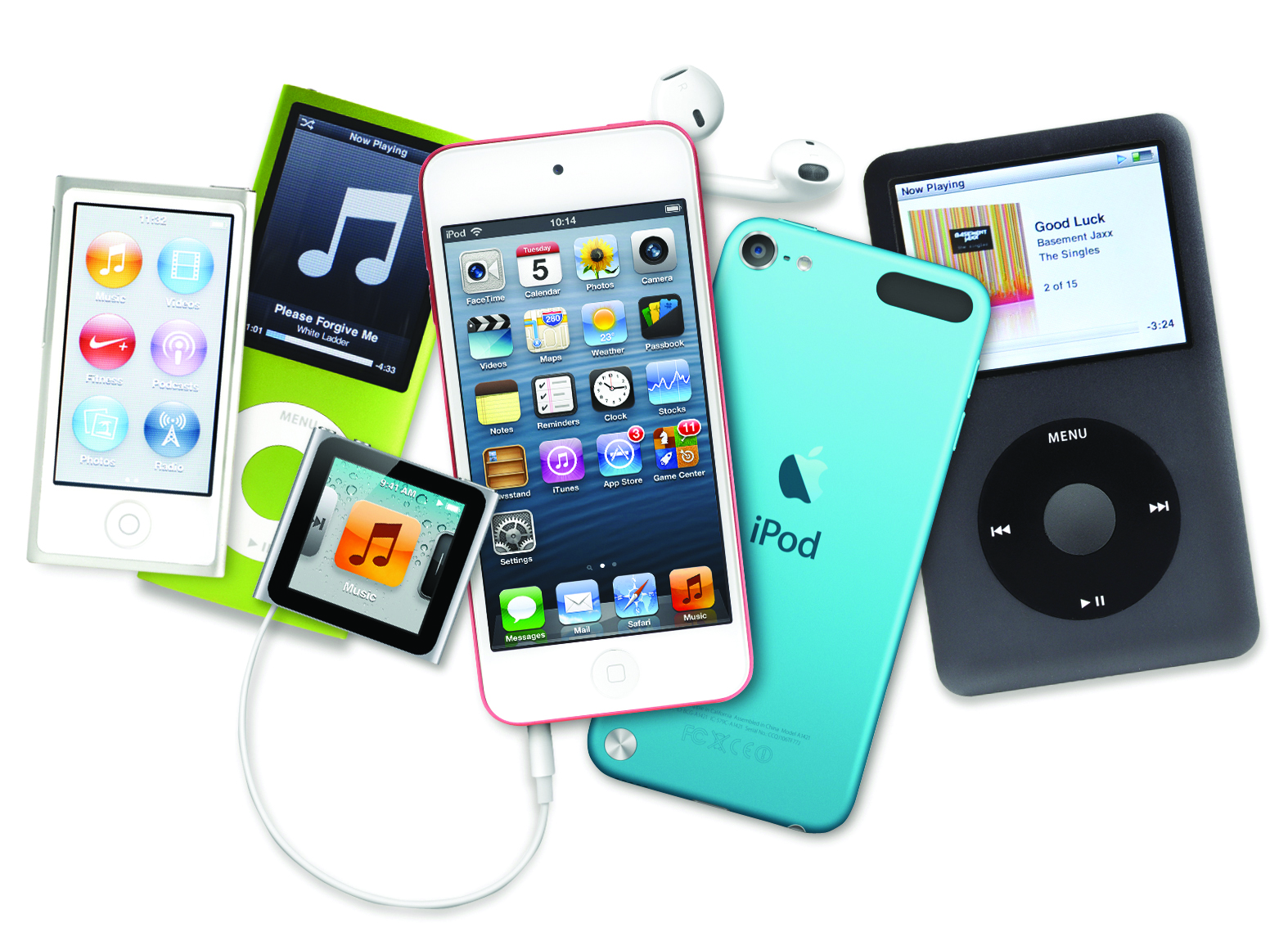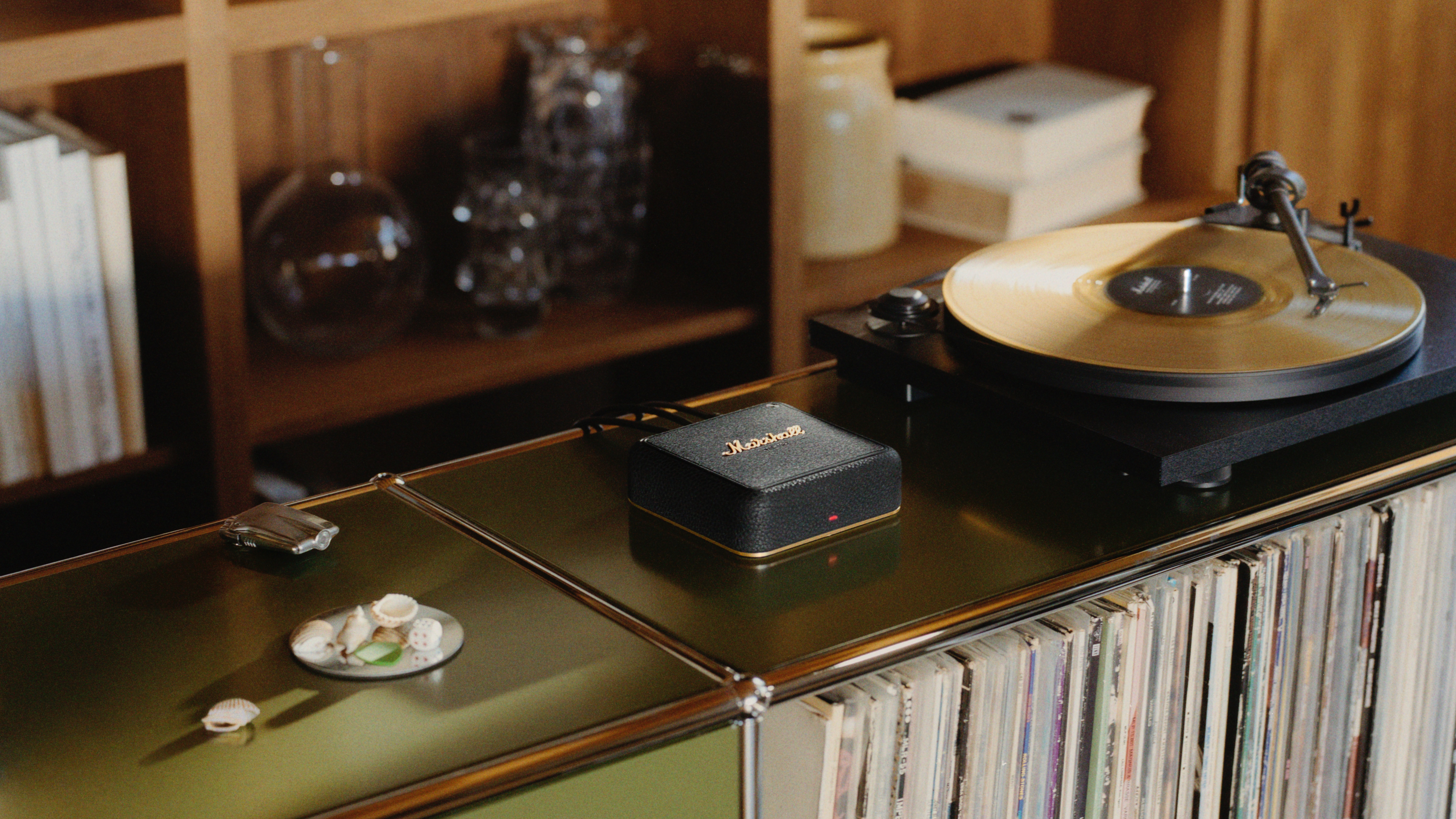Portable audio peaked 14 years ago – is it time to come full circle?
The fourth-gen iPod Shuffle was portable audio at its practical peak

While I often long for mum-made spaghetti bolognese and Lion King Bug Pops from my childhood, it isn’t often I find myself yearning for the technology I owned as a kid. Funnily enough, not once does my technologically spoilt adult self recall pining for my old CRT TV that was too big to properly close the cabinet doors on, or the portable DVD player that I used to have to hold very still and squint at to watch in the car. Do I miss the minutes-that-felt-like-hours spent waiting for AOL dial-up internet? No more than you do.
But a few weeks ago, I read about a device from my early teen years that I would happily use today (or rather, one I would use a modern-day version of) – the iPod Shuffle. The article stated that Apple had added its last-generation Shuffle to its worldwide ‘obsolete products’ list, a tech graveyard for the company’s products that haven't been distributed for sale for seven years or longer and can no longer be serviced or have new parts ordered for. Indeed, Apple stopped distributing the 2010-released fourth-gen Shuffle (alongside the seventh-gen Nano) in mid-2017, leaving the iPod lineup comprising only two models of iPod Touch. (Those last-of-’em iPod Touches were abandoned by Apple in 2022, of course, marking the end of the iPod shelf-life and indeed era, and will therefore hit that list in 2029.)
What an ingenious idea the Shuffle was, particularly in its final, evolved form – a portable music player that was barely wider than a thumb, weighed 12.5g and could clip on to pretty much anything… even hair, as some Y2K-obsessed Gen Z influencers recently fashioned on TikTok, bless their creativity. How cool did I look (or think I looked) with my green Shuffle clipped onto my green basketball jersey, with my green Sennheiser earbuds coming up through the neck of it into one ear? Ah, the memories… thankfully not photographed. I barely left the house without it. Today, as my feelings of nostalgia travel in the same direction as my age, it remains my favourite-ever Apple product.
Sentimentality aside, the Shuffle was portable audio at its practical peak. Would it still make sense in today’s world? With a few tweaks, I think so. If Apple (because it would probably take a big tech brand to meaningfully revive it) released the best-sounding Shuffle it could possibly make in a similarly compact, clip-on and affordable form next year, and it had Bluetooth output and some manner of streaming functionality – modern must-haves for any such device – I imagine it would sell. I would use it, for runs and rides and maybe the odd overnight camping trip, when it isn’t convenient to carry my phone or eat up its battery. It would surely be less of a faff to play music on than my music-enabled Garmin fitness watch, whose music streaming ability I’ve more or less given up on now.
Since the iPod Shuffle’s demise, matchbox-sized and clippable MP3 players have cropped up, such as the Shanling M0 Pro and several more dubious-looking copycats on Amazon. Some, like the Shanling, do have Bluetooth, not to mention hi-res support and even the accommodation of 2TB of storage (via a microSD slot). No streaming, though…
From a practical point of view, I’d argue that portable audio hasn’t been as attractive since. Superior-sounding? Absolutely. It’s quite amazing how good portable music players and similarly compact music machines can sound these days – but they’re phone-sized and often cost the same as the phone. They haven’t captured the hearts (and wallets) of the masses. Of course, we’ve become reliant on the phone for everything, including music playback, and with good reason; but can we look beyond it in the future? After all, innovative concepts like the AI-powered personal assistant Humane AI Pin device – tiny, clip-on, discreet – are trying to shift the way we interact with technology away from our phones, even if this headline-grabbing ‘pin’ is currently, according to the reviews, poorly executed.
If not Apple, then how about Spotify? It introduced CarThing, an in-car Spotify streaming player that lived a pretty short life. Would there be longer legs in a Spotify, er, BodyThing?
The latest hi-fi, home cinema and tech news, reviews, buying advice and deals, direct to your inbox.
It’ll certainly be interesting to see where the future of portable audio lies, because as on-the-go music players (rather than versatile digital sources for a desktop or hi-fi system), the current PMP won't likely have much of one. With its increasingly niche status, the writing is on the wall. And there has to be something beyond the phone.
MORE:
Hi-fi and music streaming live harmoniously, but two Big Tech brands hold the relationship back
Best wireless headphones 2024: tried and tested by our in-house experts
The best early Black Friday 2024 UK deals: headphones, OLED TVs, Dolby Atmos soundbars and more

Becky is a hi-fi, AV and technology journalist, formerly the Managing Editor at What Hi-Fi? and Editor of Australian Hi-Fi and Audio Esoterica magazines. With over twelve years of journalism experience in the hi-fi industry, she has reviewed all manner of audio gear, from budget amplifiers to high-end speakers, and particularly specialises in headphones and head-fi devices.
In her spare time, Becky can often be found running, watching Liverpool FC and horror movies, and hunting for gluten-free cake.
